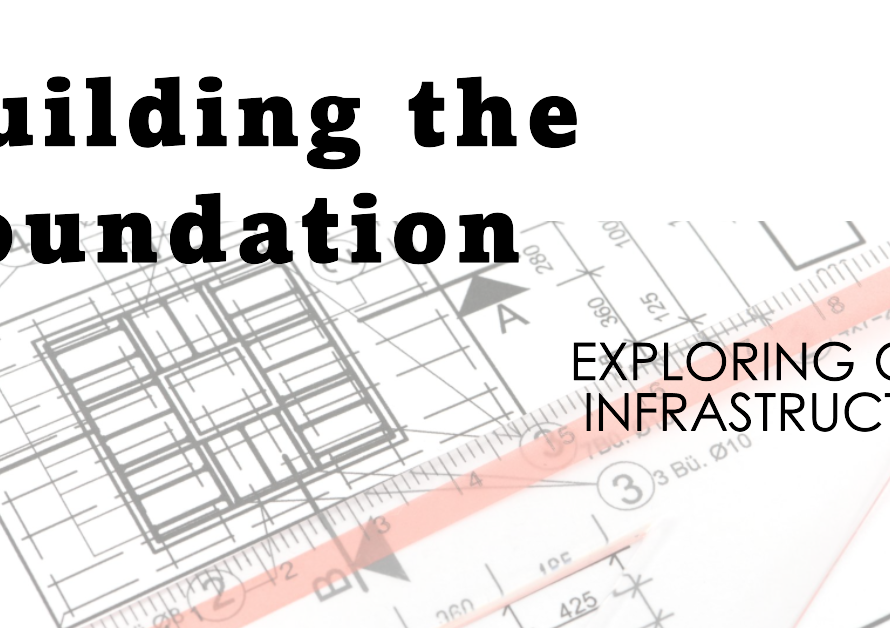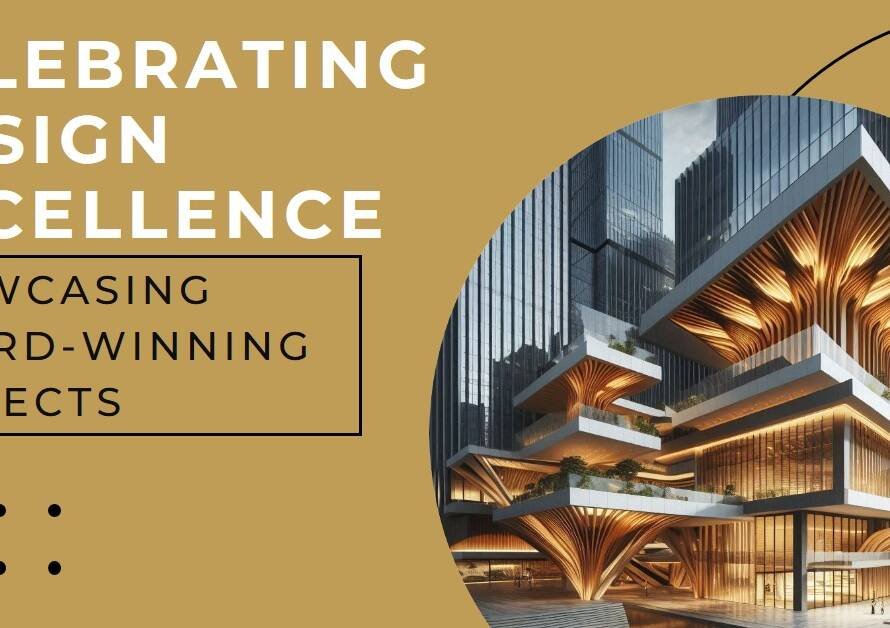
Table of Contents
- Introduction
- Understanding the Role of an Interior Designer
- The Financial Aspect: Weighing the Costs
- The Expertise Advantage: Professional Knowledge and Skills
- Stress Reduction: Managing the Project for You
- Personalized Design: Tailoring to Your Needs
- Enhancing Property Value: A Wise Investment
- Inspiration and Innovation: Access to New Ideas
- The Emotional Payoff: Enjoying Your Space
- Conclusion: Making the Decision
Introduction
Interior design is more than just arranging furniture and picking out paint colors. It’s about creating spaces that reflect your personality while maximizing functionality. Many people question if hiring an interior designer is worth the money. This blog post aims to explore the various aspects of hiring an interior designer and whether it justifies the expense. From cost considerations to the benefits of professional expertise, we delve into why an interior designer might be a valuable addition to your home improvement journey.
Understanding the Role of an Interior Designer
What Does an Interior Designer Do?
Interior designers are trained professionals who specialize in creating cohesive and aesthetically pleasing interior spaces. They consider factors like space planning, color schemes, lighting, furniture, and décor. Their goal is to enhance both the appearance and functionality of a space.
They work closely with clients to understand their preferences and requirements. They then use their expertise to design a space that aligns with the client’s vision while incorporating design principles and trends. This involves selecting materials, managing budgets, coordinating with contractors, and overseeing the project from concept to completion.
The Distinction Between Designers and Decorators
It’s crucial to distinguish between interior designers and interior decorators. While decorators focus primarily on aesthetics and furnishing, designers handle the technical and spatial aspects as well. They often deal with architectural elements, layout modifications, and overall structural planning, ensuring that the design is not only beautiful but also functional and safe.
The Financial Aspect: Weighing the Costs
Initial Investment and Budgeting
Hiring an interior designer does involve an initial financial outlay. However, this cost can vary widely depending on the scope of the project, the designer’s experience, and your location. Typically, designers charge either a flat fee, an hourly rate, or a percentage of the project cost.
Before dismissing the idea due to cost concerns, it’s essential to consider what you’re getting for your money. A well-designed space can increase the value of your home, potentially offsetting the cost of hiring a designer. Proper budgeting and clear communication with your designer about financial expectations can help manage costs effectively.
Long-term Savings
An interior designer can save you money in the long run. They have access to trade discounts and know where to source materials and furnishings at competitive prices. More importantly, their expertise can prevent costly mistakes, such as purchasing the wrong size furniture or using incompatible materials.
The Expertise Advantage: Professional Knowledge and Skills
Design Knowledge and Creativity
Interior designers bring a wealth of knowledge and creativity to your project. They stay updated on the latest design trends and innovations. Their trained eye can identify the potential and limitations of a space, offering solutions that you might not have considered.
Designers also understand the principles of design, including balance, harmony, and contrast. This knowledge allows them to create spaces that are not only beautiful but also functional and comfortable. They can expertly combine different styles and elements to achieve a cohesive look that reflects your personal taste.
Technical Skills
Beyond aesthetics, interior designers possess technical skills that are crucial for a successful project. They understand building codes, safety regulations, and ergonomic principles. This ensures that the design is not only visually appealing but also safe and practical.
Designers also often have access to sophisticated design software, allowing them to create detailed plans and 3D renderings. These tools can help you visualize the final result before any work begins, ensuring that you’re satisfied with the proposed design.
Stress Reduction: Managing the Project for You
Coordination and Oversight
One of the significant advantages of hiring an interior designer is the project management aspect. Designers coordinate all aspects of the project, from ordering materials to scheduling contractors. This oversight ensures that the project stays on track and within budget.
By handling the logistics and dealing with unforeseen issues, designers alleviate the stress and hassle often associated with renovation projects. Their experience enables them to anticipate potential problems and address them proactively, ensuring a smoother process.
Time Efficiency
Time is a valuable resource, and managing a home renovation project can be time-consuming. An interior designer can save you a significant amount of time by taking care of the myriad details involved. This allows you to focus on other responsibilities while the designer manages the project.
Moreover, designers can expedite the process through their network of trusted contractors and suppliers. Their established relationships often lead to quicker turnaround times and better service, helping to complete your project more efficiently.
Personalized Design: Tailoring to Your Needs
Reflecting Your Personality
A skilled interior designer will take the time to understand your lifestyle, preferences, and needs. They use this information to create a space that truly reflects your personality and suits your way of living. Whether you prefer a modern, minimalist look or a cozy, traditional feel, a designer can bring your vision to life.
Personalized design goes beyond aesthetics. It considers how you use each space, ensuring that the design enhances your daily activities. This level of customization results in a home that is not only beautiful but also practical and comfortable.
Adapting to Your Space
Every home is unique, and what works in one space might not work in another. Interior designers are adept at recognizing the unique characteristics of your space and designing accordingly. They can work with challenging layouts, small spaces, or unusual architectural features to create a cohesive and functional design.
This adaptability is particularly valuable if you have specific needs or constraints. For example, if you need to accommodate a growing family, incorporate home office space, or design for accessibility, an interior designer can provide solutions that meet these requirements effectively.


Enhancing Property Value: A Wise Investment
Increased Market Appeal
A well-designed home can significantly increase its market appeal. If you plan to sell your home in the future, an interior designer’s touch can make it more attractive to potential buyers. Homes with professionally designed interiors often sell faster and at higher prices compared to those without.
Designers know what buyers are looking for and can suggest updates and improvements that add the most value. Their expertise can help you make strategic decisions that enhance your home’s appeal and marketability.
Functional Improvements
Interior designers don’t just focus on looks; they also improve functionality. By optimizing the layout and ensuring that each space is used effectively, they enhance the overall usability of your home. These improvements can make daily living more convenient and enjoyable, further adding to the value of your property.
Functional improvements also include energy efficiency and sustainability considerations. Designers can recommend eco-friendly materials and energy-saving solutions, which can reduce utility costs and appeal to environmentally conscious buyers.
Inspiration and Innovation: Access to New Ideas
Fresh Perspectives
An interior designer can bring fresh perspectives and innovative ideas to your project. Their exposure to various design styles and trends allows them to suggest creative solutions you might not have considered. This can be particularly valuable if you’re looking to create a unique or unconventional space.
Their ability to think outside the box can lead to exciting and unexpected design choices that set your home apart. Whether it’s an innovative use of space, a bold color scheme, or a custom piece of furniture, a designer can introduce elements that elevate your home’s design.
Access to Exclusive Resources
Interior designers have access to resources and products that are not available to the general public. This includes exclusive furniture, fabrics, and accessories that can give your home a distinctive and luxurious feel. Their connections with suppliers and artisans allow them to source high-quality materials and custom pieces that enhance the overall design.
The Emotional Payoff: Enjoying Your Space
Satisfaction and Pride
There’s a profound sense of satisfaction that comes from living in a beautifully designed space. An interior designer can help you achieve a home that not only meets your practical needs but also brings you joy and pride. The emotional payoff of enjoying a space that reflects your personality and style is immeasurable.
Walking into a room that feels just right, where every element has been thoughtfully chosen and perfectly placed, can significantly enhance your quality of life. This emotional benefit is often overlooked but is one of the most compelling reasons to invest in professional design services.
Enhanced Well-being
A well-designed space can also contribute to your overall well-being. Good design can improve your mood, reduce stress, and create a more harmonious living environment. Elements like natural light, ergonomic furniture, and thoughtful color schemes can have a positive impact on your mental and physical health.
Interior designers understand the principles of design that contribute to well-being. By creating spaces that are not only beautiful but also comfortable and supportive, they can enhance your everyday living experience.
Conclusion: Making the Decision
Is It Worth It?
Ultimately, whether hiring an interior designer is worth the money depends on your specific needs, budget, and goals. If you value a professionally designed space, seek to avoid costly mistakes, and want to maximize both the functionality and aesthetic appeal of your home, then hiring an interior designer can be a worthwhile investment.
Making an Informed Choice
Before making a decision, consider consulting with a few designers to discuss your project and get a sense of their approach and fees. Assess their portfolio, ask for references, and ensure that their style aligns with your vision. By doing your due diligence, you can make an informed choice that enhances your home and adds lasting value.
In conclusion, hiring an interior designer can offer numerous benefits that go beyond the initial cost. From saving time and money to creating a personalized, functional, and beautiful space, the value they bring can make the investment worthwhile. Whether you’re planning a major renovation or simply looking to refresh a room, an interior designer can help you achieve your design goals with professionalism and creativity.


